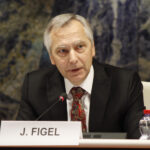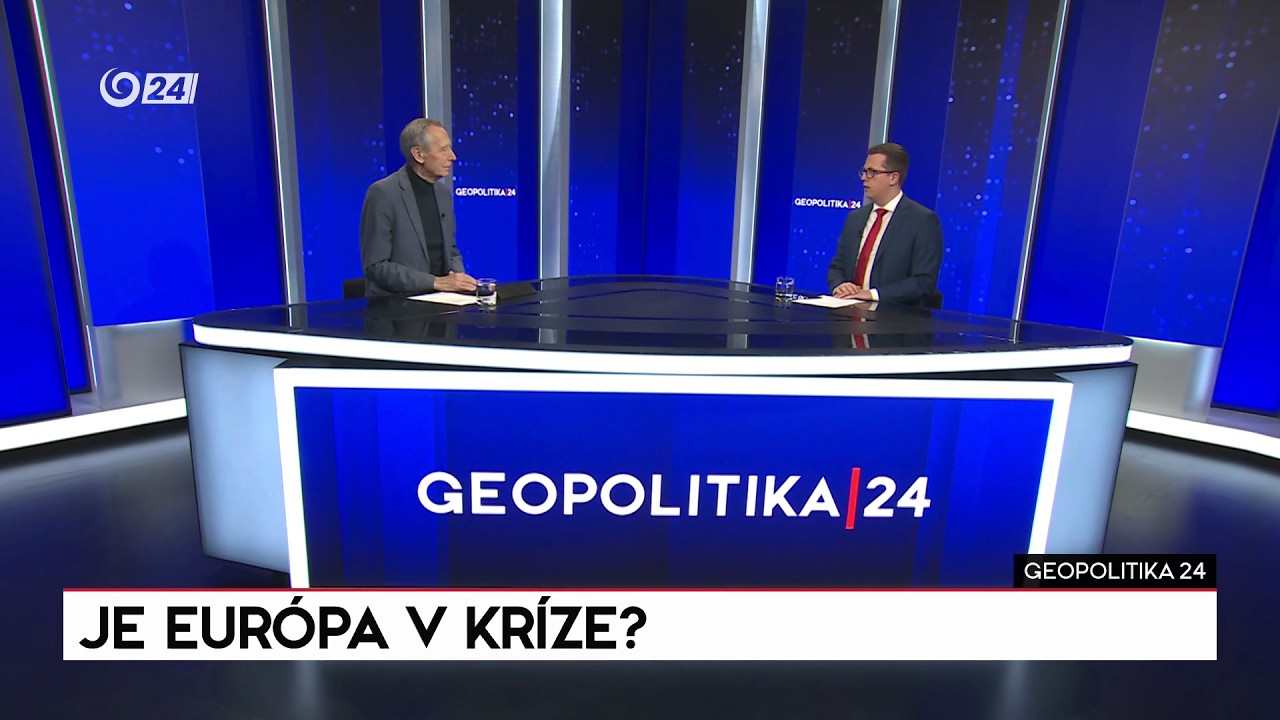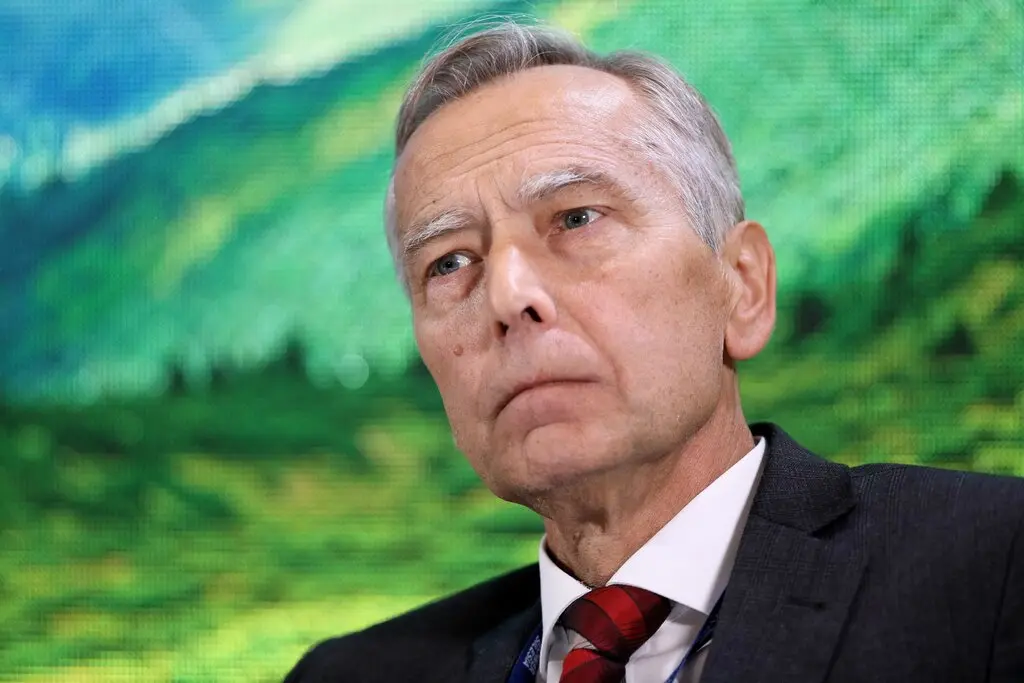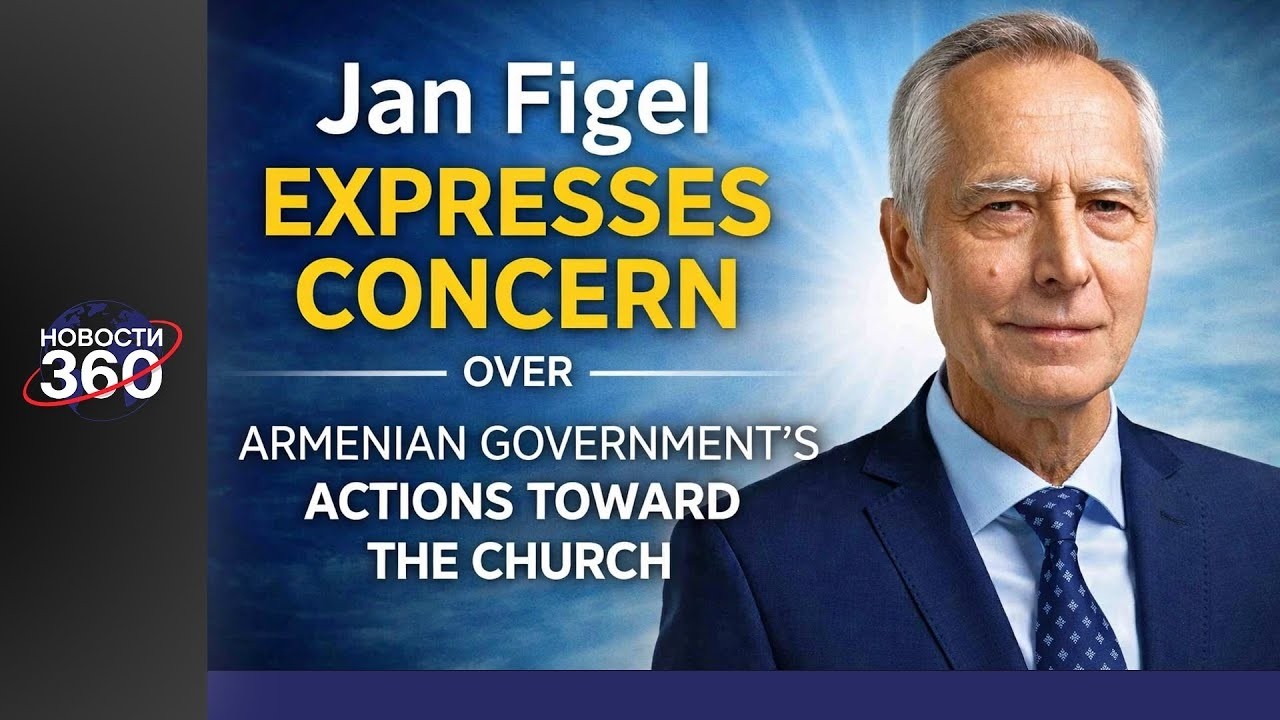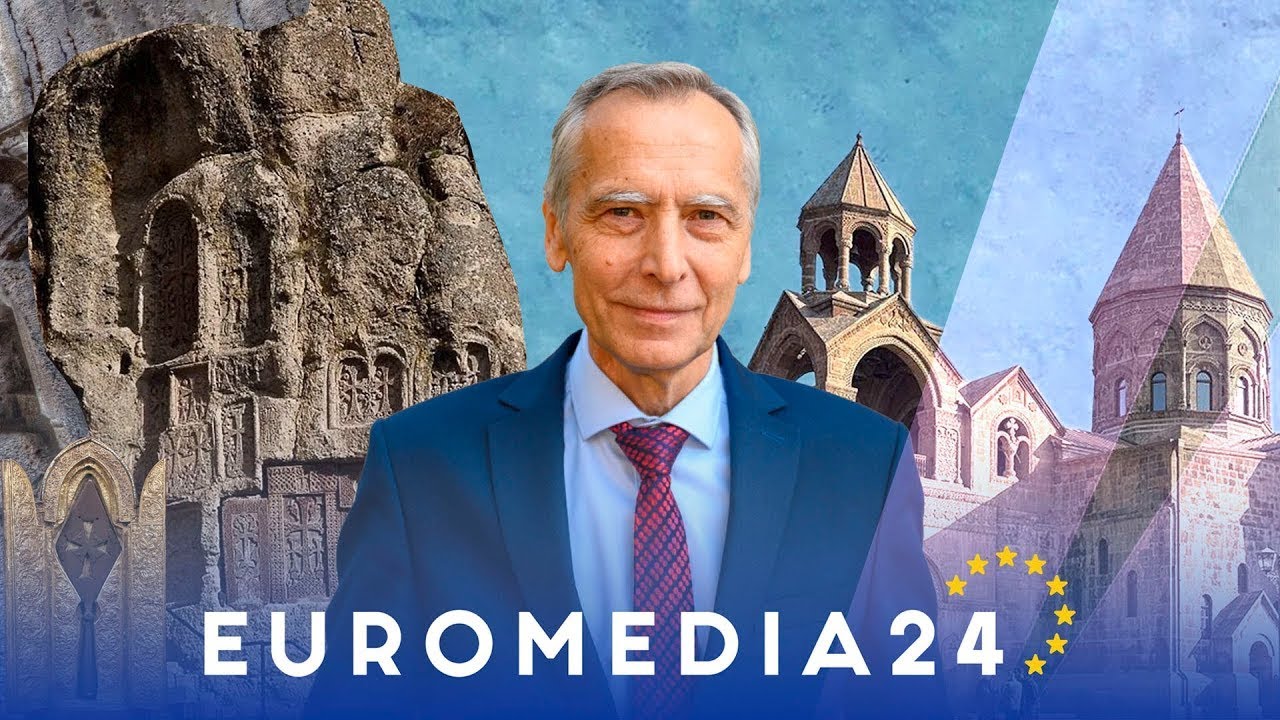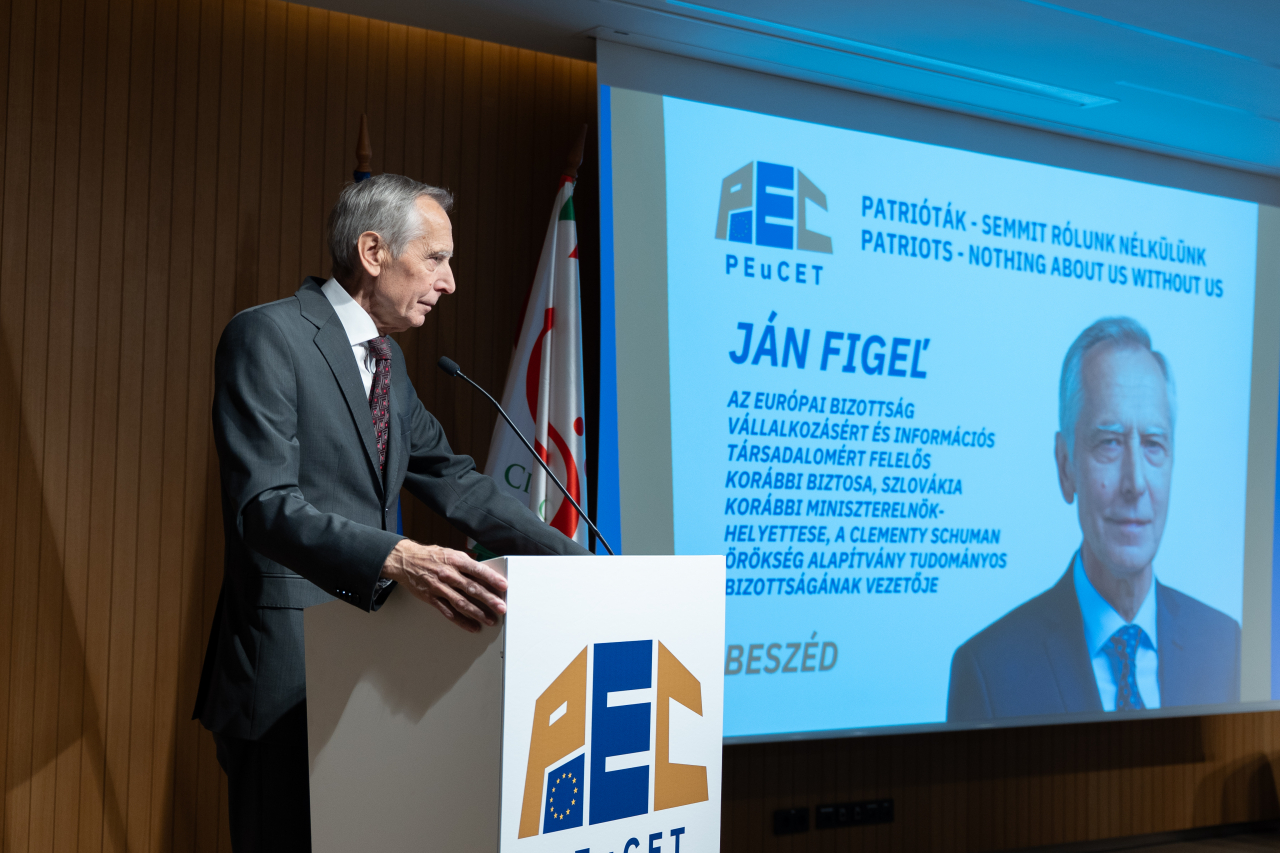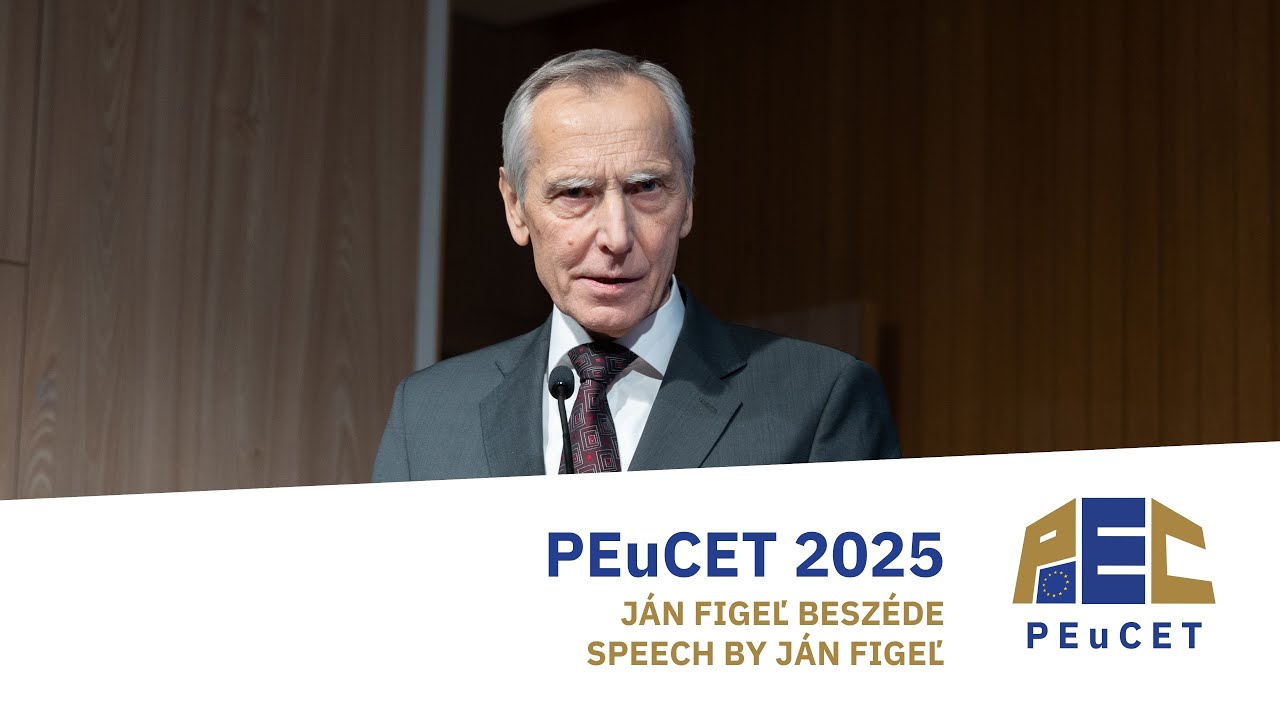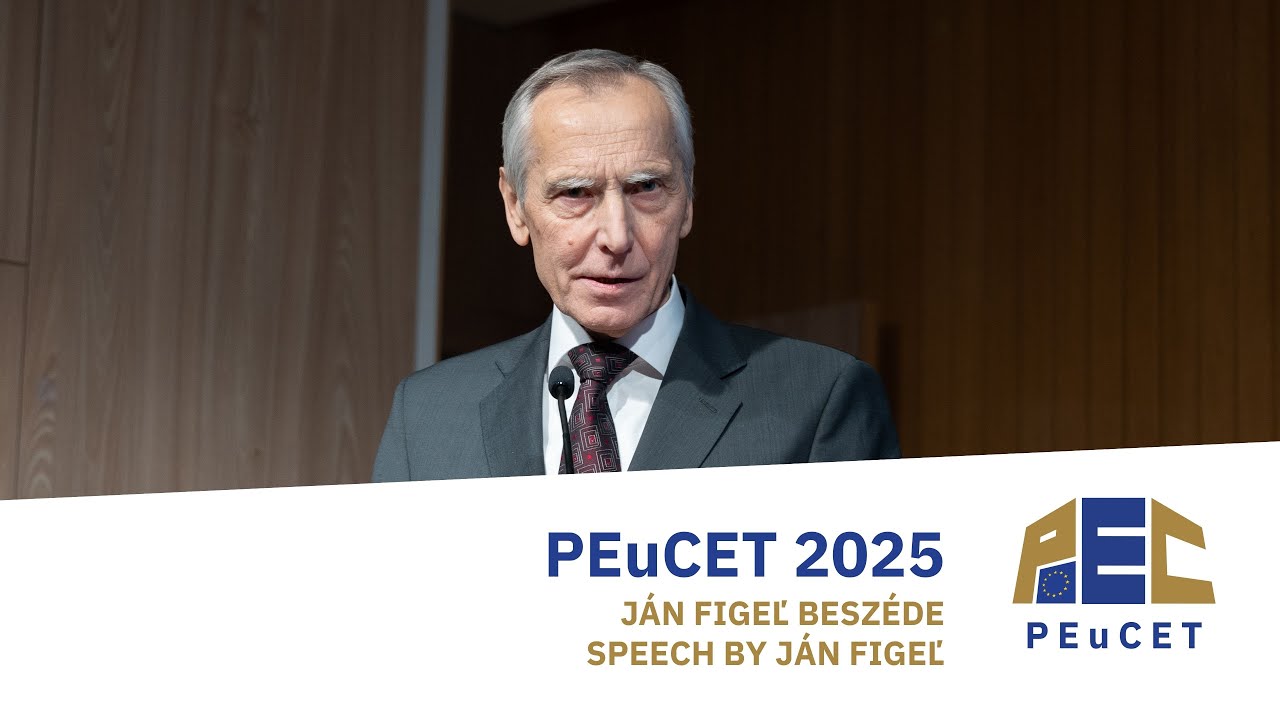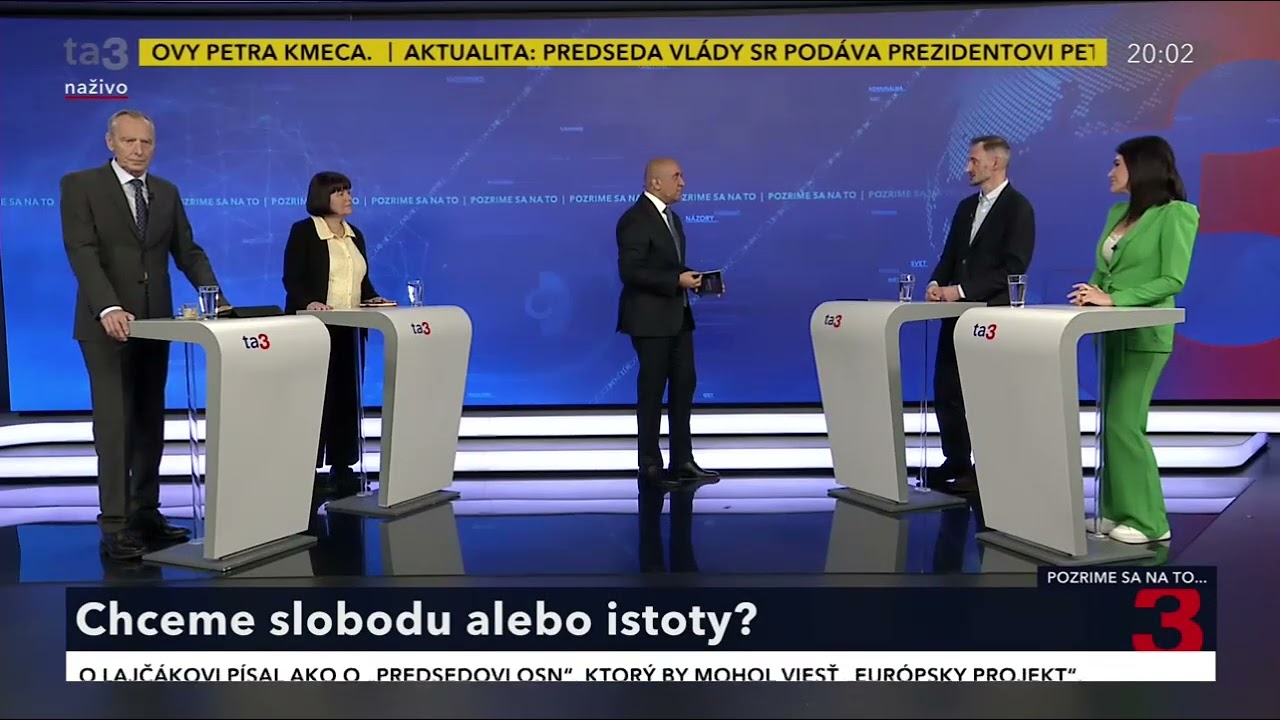By Bitter Winter

Jan Figeľ was born in 1960 in the former Czechoslovakia. He served as European Commissioner from 2004 to 2009, Deputy Prime Minister of Slovakia from 2010 to 2012, and later as Chairman of the Christian Democratic Movement (2009–2016). In 2016 he became the first EU Special Envoy for Freedom of Religion or Belief outside the EU. He is President of the Forum for Religious Freedom – Europe (FOREF).
In March 2025, the Tokyo District Court ordered the dissolution of the Family Federation for World Peace and Unification (formerly Unification Church) under the Civil Code. The church immediately appealed, and the case is now before the Tokyo High Court. In this interview granted to Yosuke Yamazaki – US Correspondent of “Sekai Nippo” (World Times), Jan Figeľ expressed deep concern over the ruling and its implications for religious freedom in Japan.
Q: On March 25, the Tokyo District Court issued a dissolution order against the Family Federation. What is your assessment of this decision?
A: I am deeply concerned. The order lacks a constitutional legal basis and clearly violates Japan’s obligations under the International Covenant on Civil and Political Rights. Such measures endanger not only one minority faith but also others, because injustice against one community always threatens others. The decision is based on questionable evidence and accusations. It lacks a substantive foundation and appears driven more by political motives than law.
Q: What in particular troubles you about this ruling?
A: The court’s decision is arbitrary, unconstitutional, and unlawful. It violates basic principles of due process. For example, the hearings have been conducted behind closed doors. Article 81 of the Religious Corporations Act allows dissolution only when an organization commits illegal acts that seriously harm public welfare. Yet the Tokyo District Court expanded this to include 32 civil cases spanning 40 years involving former members. The Ministry of Education, Culture, Sports, Science and Technology even changed its interpretation of the law to request dissolution—something unprecedented. Furthermore, missionary activity and donations were judged to violate “social norms” and “social fairness.” But these concepts are far too vague, opening the door to arbitrary use of state and judicial power. The UN Human Rights Committee has already recommended that Japan refrain from restricting religious freedom based on “public welfare.” Article 18 of the International Covenant on Civil and Political Rights does not allow such restrictions. On the contrary, states are obliged to protect minority religions against hostility from dominant groups. Instead, Japan tolerated forced deprogramming by Protestant pastors. Many plaintiffs in this case were themselves subjected to coercion, confinement, and so-called “deprogramming.” Even worse, the Tokyo District Court adopted the unscientific “mind control” theory, assuming victimhood without evidence. This is proof of bias and arbitrariness. Legitimate courts must not be swayed by political pressure or media campaigns. The future of Japanese democracy depends on transparency, accountability, respect for human dignity, and the protection of fair justice for all.

Q: You have pointed out that the movement against the Family Federation has roots in the Japanese Communist Party’s activities decades ago.
A: Yes. Marxist atheism lies at the root of this long-standing hostility. Such ideology often inspires radical attempts to exclude faith in God and suppress religion, because religion frees people from the worship of secular values and authoritarian state power. I know this from experience. I lived half my life under a communist dictatorship in Czechoslovakia. My own uncle was killed by the secret police. The regime sought to crush both historic and new religions through many forms of coercion. But it ultimately collapsed, peacefully, in 1989. In Slovakia, the main force behind the peaceful resistance and the fight for freedom was the Christian community—especially the Catholic Church.
Q: If the dissolution is upheld, how will it affect other religious minorities and human rights in Japan?
A: If confirmed, it will damage Japan’s image and credibility as a democracy and may endanger other minority religions, including smaller and newer groups such as Jehovah’s Witnesses. Japan should learn from the harm caused worldwide by state-imposed ideologies and religious oppression, which have often led to deep internal divisions. The state exists to serve all citizens, not just the majority or a favored group.
Q: You describe religious freedom as a “litmus test” for human rights. Why?
A: Freedom of religion is inseparable from freedom of thought and conscience. It belongs to everyone—believers, non-believers, and atheists alike. This “inner freedom” is guaranteed by Article 18 of the Universal Declaration of Human Rights and the International Covenant on Civil and Political Rights. If inner freedom is not respected, then “outer freedoms”—speech, press, assembly, association—will also be endangered. It begins inside each person and is expressed outwardly through acts of faith, family, and community. Internal freedom is absolute and must be fully respected by the state and institutions. External expression can be regulated only if restrictions are legal, necessary, and proportionate.
Q: You opposed dissolution from the beginning. Do you see growing international concern?
A: Yes. I wrote personally to Japan’s Prime Minister and the Foreign Minister, but received no reply. However, opposition abroad is growing. Japan has long been respected as a moderate democracy, but its reputation is now at risk. I hear concerns, shock, and even protests from governments and civil society worldwide. How a country treats minorities—not its majority—is the true measure of its democratic credibility.

Q: What role can the United Nations play?
A: The UN Special Rapporteur on Freedom of Religion or Belief, Nazila Ghanea, requested to visit Japan to investigate possible violations of minority rights. Unfortunately, the Japanese government has not allowed her visit. Japan should engage in dialogue with her and the UN.
Q: And the United States?
A: The U.S. has the greatest political and moral influence. I hope it will treat this issue seriously and initiate dialogue with Japan at a high level. Human dignity and fundamental rights are more important than business interests. If the U.S. acts responsibly, it can help bring about positive change.





